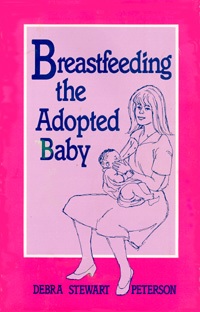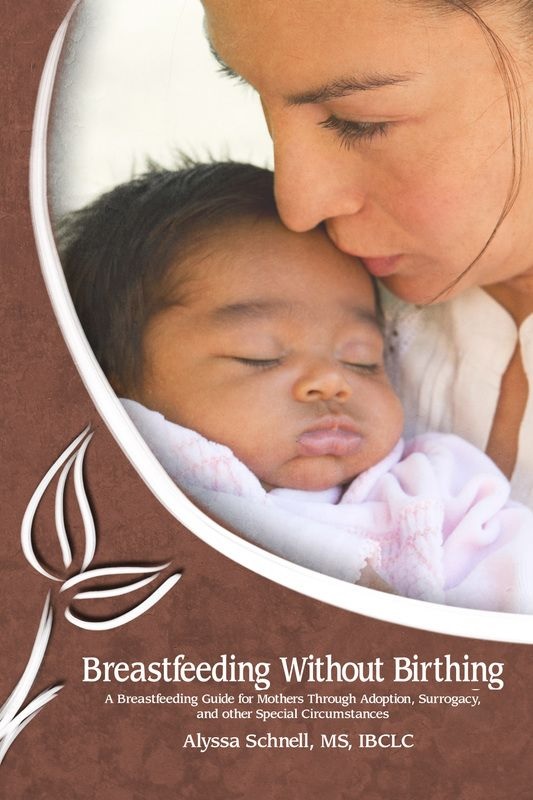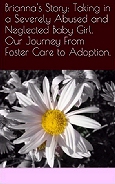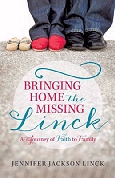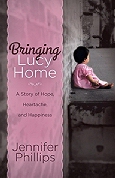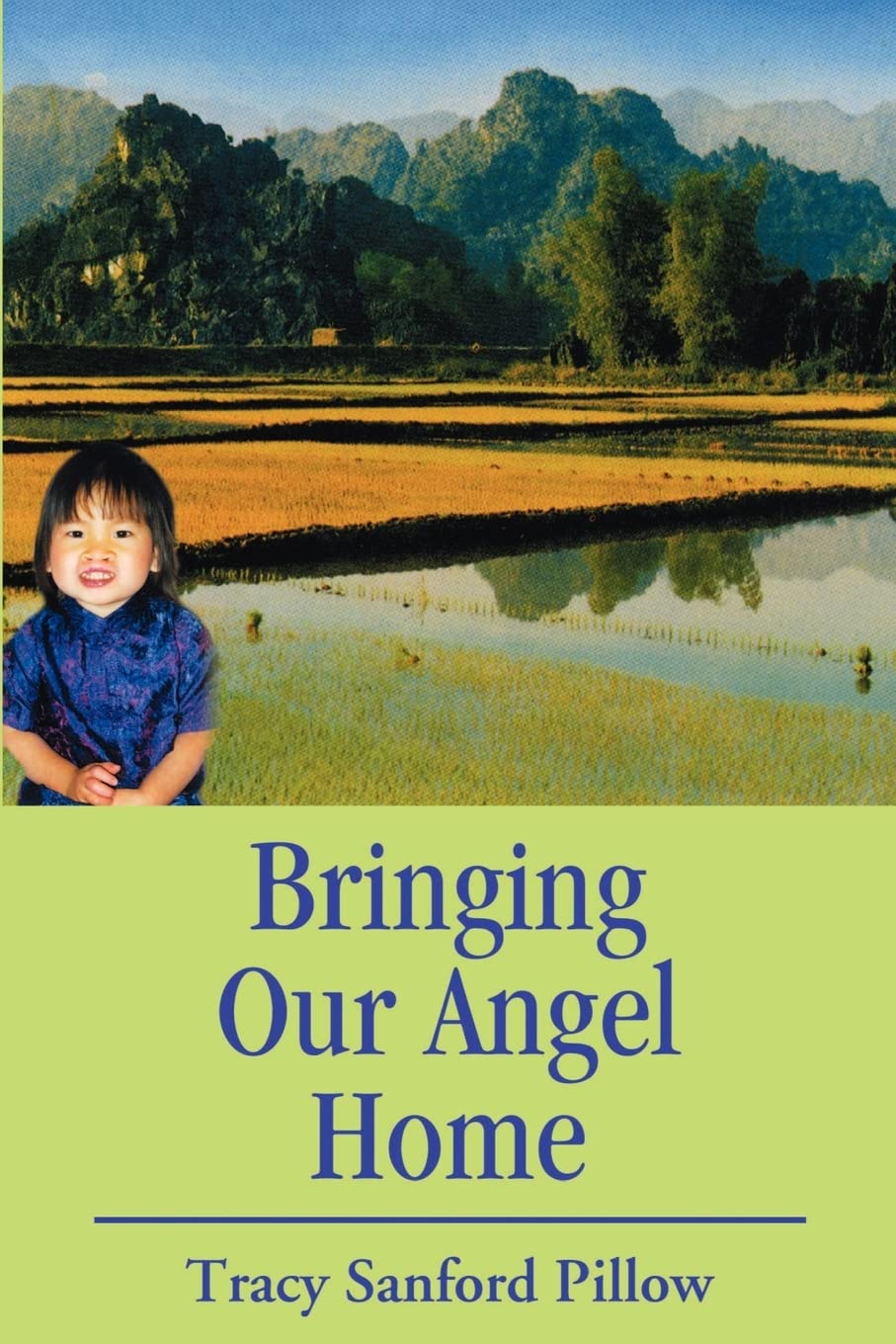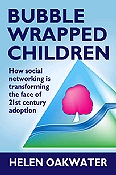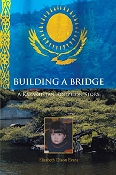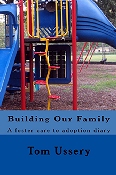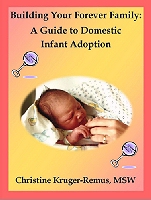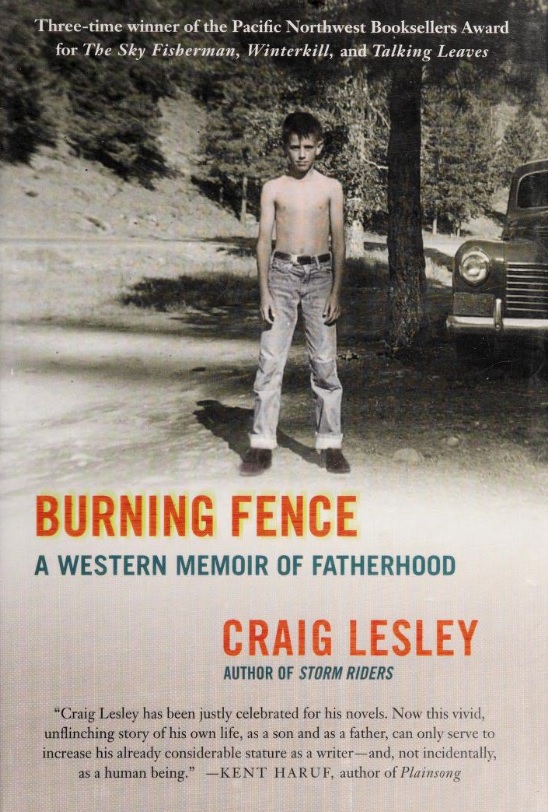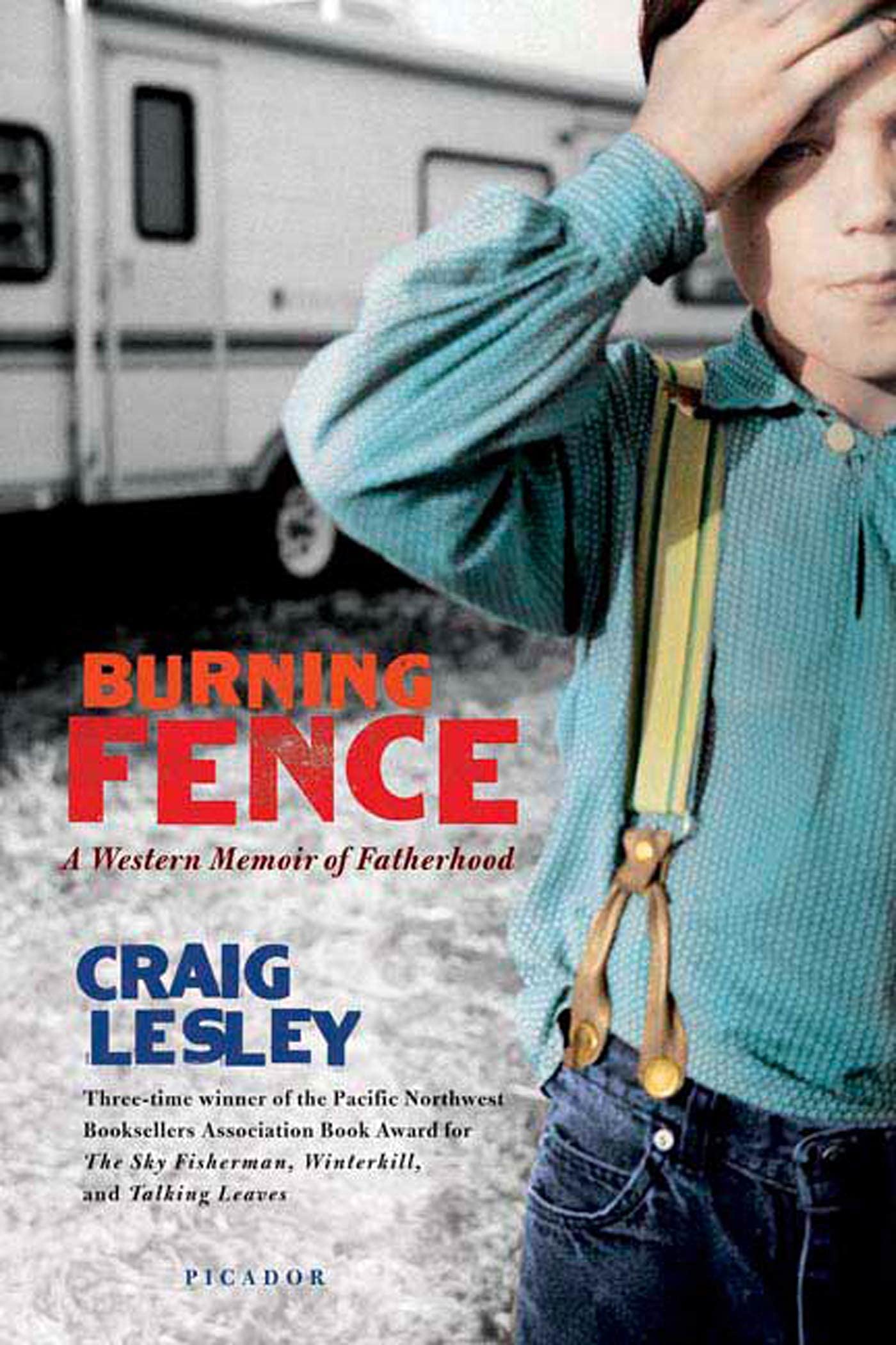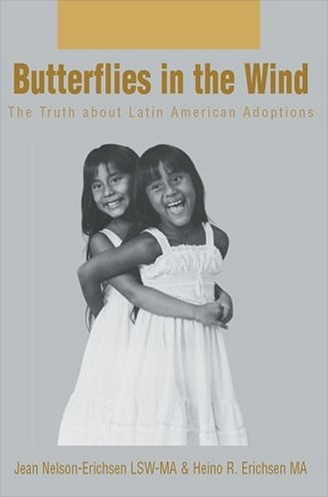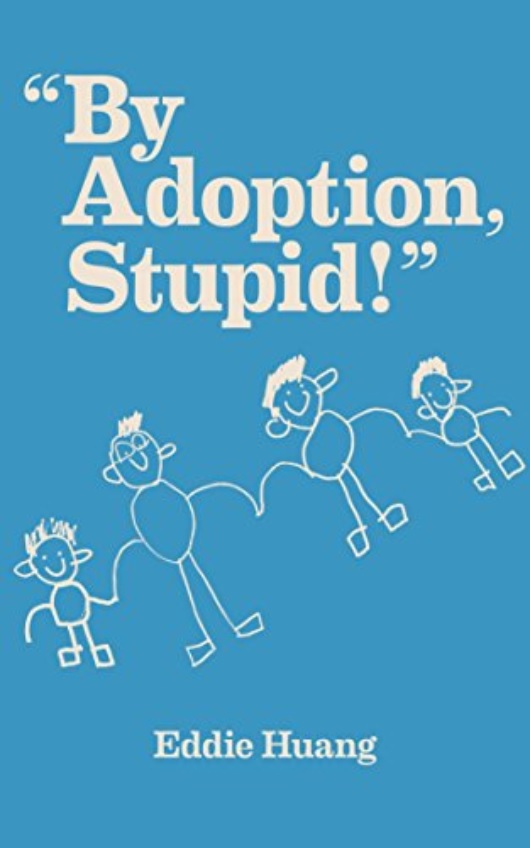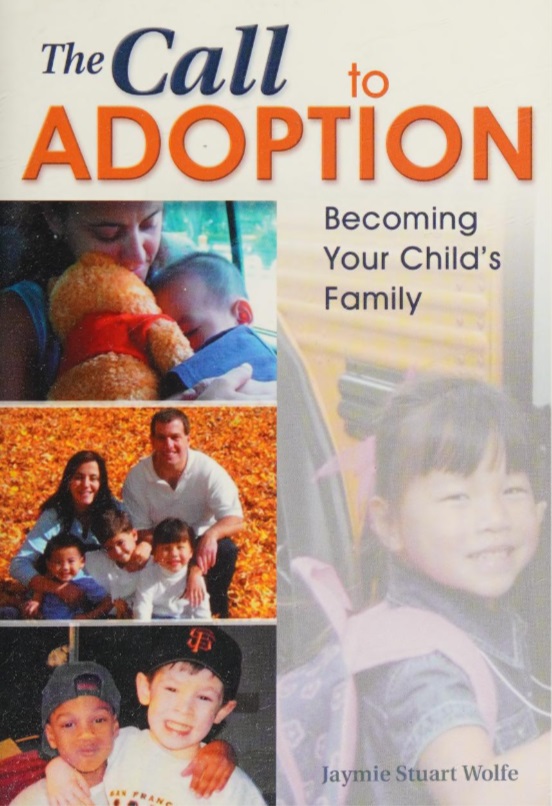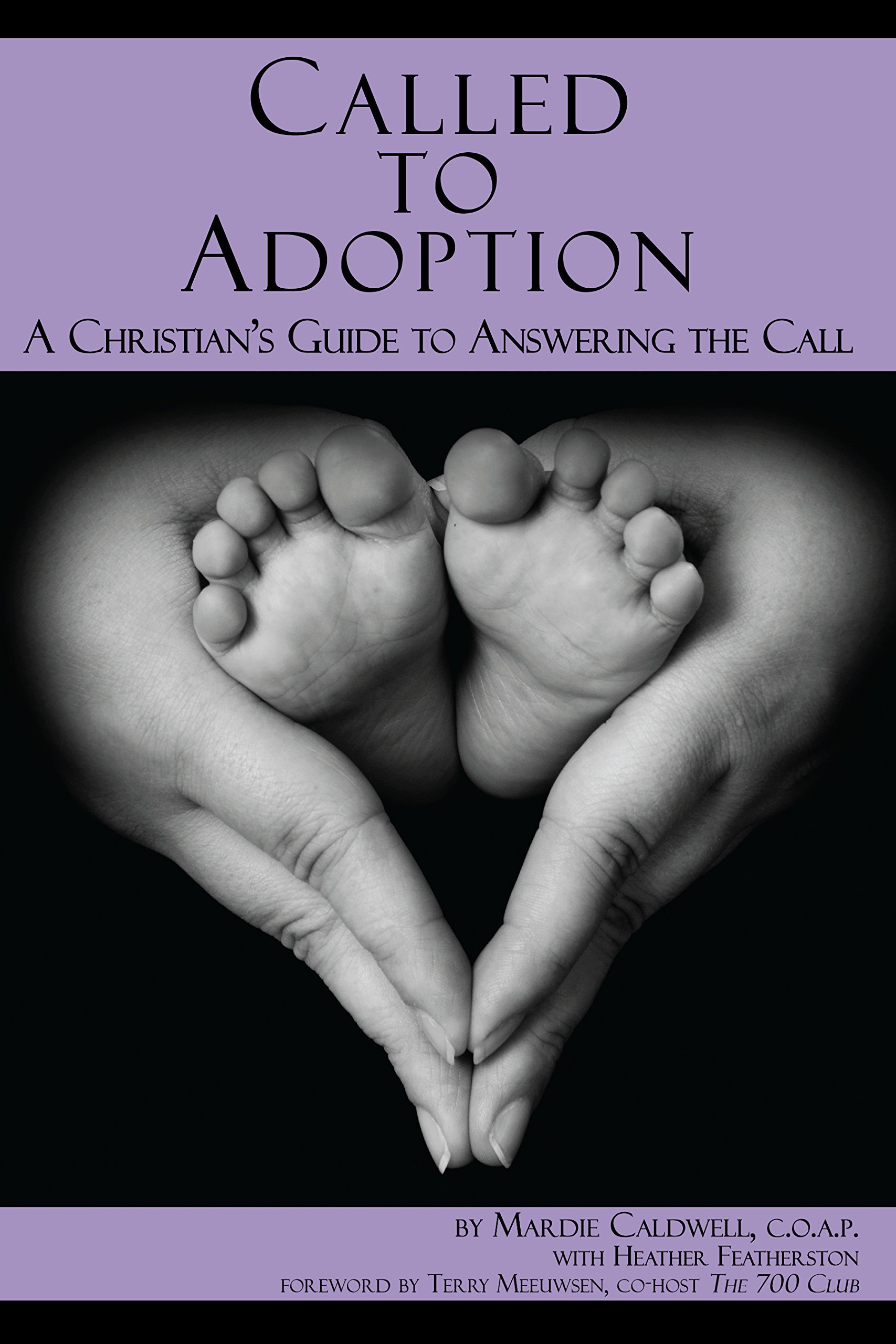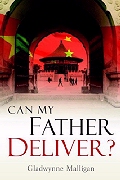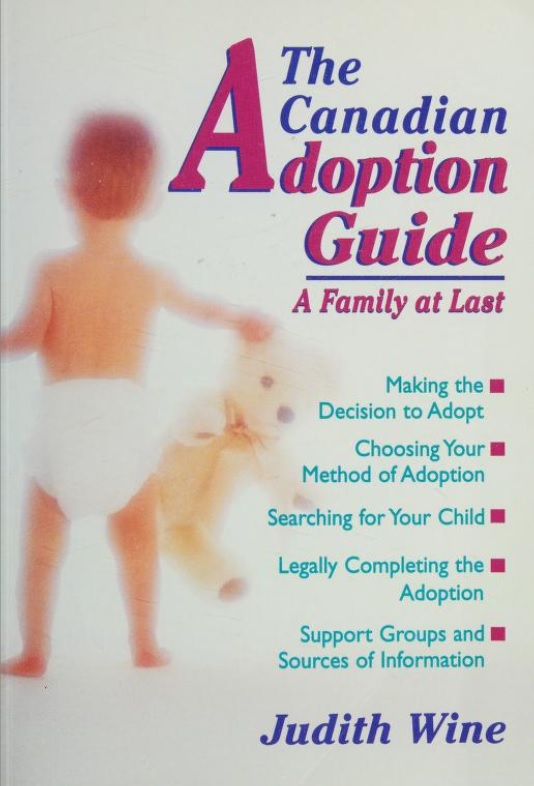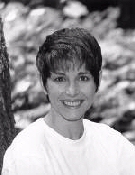From the Back Cover:
The book chronicles not only the adoption of their three children abroad, but follows each of their children (including their biological son) into young adulthood. It vividly depicts their difficulties in raising teenagers in a cross-cultural, transracial home, and also exposes the frightening conditions facing today’s kids in our public schools, including gang issues, drop outs, and culture clashes. It provides valuable insights to parents and non-parents as well. This book was a real eye-opener and awakened me to the harsh realities our teens must face in what I would have thought were quality schools. Although told from a parent’s point of view, they very effectively explored the emotions, indeed the angst, of their teenage children.
—Jo-Anne Weaver, adoptive parent of a Chinese daughter placed by Los Niños International, and Senior Acquisitions Editor of Education and Developmental Psychology for Harcourt Brace
About the Author:
Jean Nelson-Erichsen, LSW-MA and Heino R. Erichsen, MA, founded Los Niños International Adoption Center in 1981. Since then, the agency has placed over 2,600 children. The Erichsens were already the parents of three biological sons when they adopted twin daughters in Latin America in 1973. They returned in 1983 to adopt a nine-year-old boy. They paved the way for thousands of prospective parents with their guidance, research, and written information. Their book, How to Adopt Internationally (Mesa Publishing House), is considered the “bible” on the subject. The Erichsens continue to travel to Asian, Eastern European, and Latin American countries in order to develop or to maintain adoption programs.
Jean is the Supervisor of Social Work at the agency. She is also the author of numerous articles in books and magazines on adoption.
Heino is the Director of Development and Public Policy.
Rosana N. Erichsen, BBA, one of the children in this book, is now the Executive Director.
By the Same Author:
Gamines: How to Adopt From Latin America(1981, Dillon Press);
How to Adopt From Asia, Europe and the South Pacific (with Gay R Hallberg; 1983, Los Niños);
How to Adopt From Central and South America (1989, Los Niños);
Butterflies in the Wind: Spanish/Indian Children with White Parents (1992, Los Niños);
How to Adopt Internationally: A Guide for Agency-Directed and Independent Adoption (1992, Los Niños);
Inside the Adoption Agency: Understanding Intercountry Adoption in the Era of the Hague Convention (2007, iUniverse); and
My Portable Life: Reluctant Runaway Finds Families for Thousands of Children (2009, iUniverse), among others.


